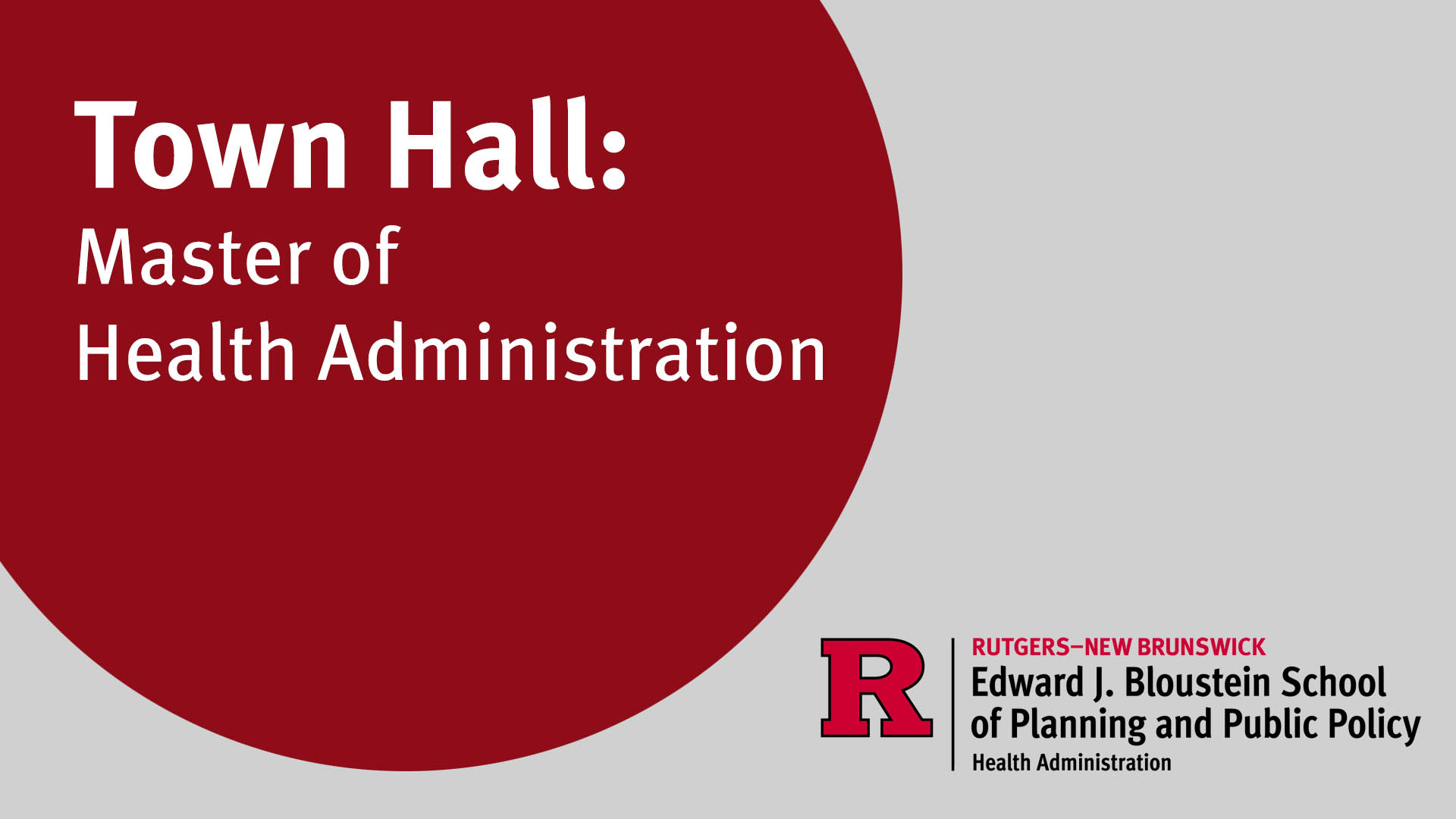
Council on Education for Public Health website: ceph.org
The baccalaureate public health program at the Bloustein School has been accredited by the Council on Education for Public Health (CEPH), an independent agency recognized by the U.S. Department of Education to accredit schools of public health and stand-alone programs outside such schools.
The Bloustein School is one of the first four schools in the nation to have its stand-alone baccalaureate public health program receive accreditation; 2016 marks the first year that the council has accredited these programs. Students enrolled in the Bloustein program earn a Bachelor of Science degree.
“The accreditation, along with our recent ranking as fourth in the nation by USA TODAY for undergraduate public health education, confirms the academic rigor of our programs and reflects the hard work and commitment of many individuals to provide the highest quality educational programs at the university,” said James W. Hughes, distinguished professor and dean of the Bloustein School.
In the accreditation review, the site visit team noted:
- Graduation rates for public health majors at Rutgers are approximately 98 percent since 2011;
- 85.8 percent of graduates are employed or continuing their education;
- Graduates have gone on to earn advanced degrees in Public Health (MPH, Ph.D.); Global Health, Biosecurity and Disaster Preparedness (MS); Social Work (MSW), Biomedical Sciences (MBS), Health Administration (MBA, MHA) and degrees in various medical fields.
- Students in the public health major appreciate having practitioners as faculty, noting the contextual relevance they bring to the program.
While the accreditation process began in February 2014, the public health major has been continuously re-evaluated since it was established 1999, noted University Professor Raphael J. Caprio, director of the Bloustein School’s undergraduate programs. “There has been considerable hard work by many faculty and staff to secure the program’s success and the CEPH accreditation,” Caprio said. “We have organized the public health major so our students will graduate with the skills and knowledge to make an immediate impact, as well as to find ways to expand access to the major.”
The program takes a “big picture” approach to population health and disease prevention with such courses as “Healthy Cities,” “Protecting the Public Health and the Environment” and “Global Health Perspectives.” As one of the most diverse public universities in the nation –so recognized by President Obama at commencement in 2016 – many students are minorities, first-generation immigrants, returning veterans and nontraditional students.
“These students bring a rich and robust multicultural perspective to our classrooms,” said Dona Schneider, professor and associate dean for programs. “Many of our students not only complete the public health major, but also specialized certificates in health disparities, health education and advocacy, preparedness, and public health management. Our graduates are prepared to think beyond the confines of traditional public health domains to embrace broad, holistic approaches to solving our most vexing population health problems.”
CEPH, which has accredited schools of public health for 10 years, also accredited programs at East Carolina University, the University of Nebraska at Omaha and the University of North Carolina at Wilmington.



